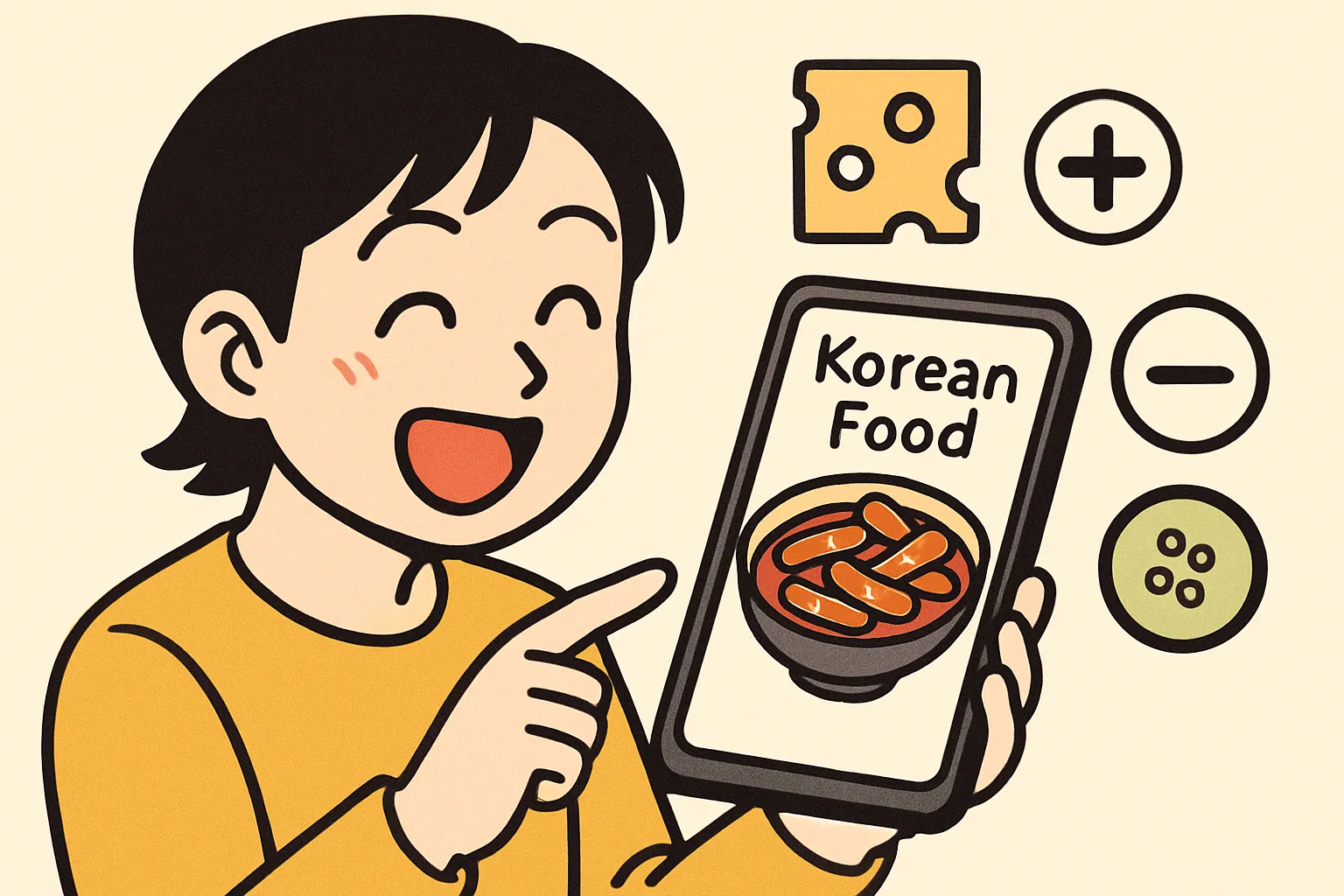“Healthy Pleasure”: Debating Korea’s Health Campaigns
Hello! Welcome to Maeil Hangul, your go-to spot for leveling up your Korean skills!
Ever found yourself in a debate about social issues or needing to write a report on policy effectiveness in Korean? Today, we’re diving into a topic that’s perfect for those C1-level conversations: analyzing the effectiveness of public health campaigns.
And we’ve got the perfect hook! Lately in Korea, the “Healthy Pleasure” (헬시플레저) trend is booming. It’s all about making health management fun and enjoyable. This has completely changed how the government and companies approach public health. We’ll learn the advanced vocabulary and grammar you need to discuss, debate, and analyze these campaigns like a pro. Let’s get started!
Core Expressions You Need to Know
Here are the essential phrases for discussing policy and campaign effectiveness.
1. -는 데에 기여하다 (-neun de-e giyeohada)
- English Meaning: to contribute to ~ing; to play a part in ~ing
- Detailed Explanation: This is a fantastic, formal expression to state that a certain action, person, or policy has made a positive contribution to a result. It’s constructed by attaching -는 데에 to a verb stem, followed by 기여하다 (to contribute). It’s much more sophisticated than just saying ‘도움이 되다’ (to be helpful). You’ll see this a lot in news reports, academic papers, and official presentations.
- Example: 꾸준한 운동은 스트레스를 해소하는 데에 기여합니다. (Consistent exercise contributes to relieving stress.)
2. 실효성(이) 있다/없다 (silhyoseong-i itda/eopda)
- English Meaning: to be effective/ineffective; to have/lack practical effect
- Detailed Explanation: While ‘효과가 있다’ means ‘to have an effect,’ 실효성이 있다 carries a stronger nuance of practical, real-world effectiveness. It’s the perfect term for questioning whether a campaign or policy actually works in reality, not just on paper. Use this to sound highly articulate when evaluating outcomes.
3. 일각에서는 -다는 지적이 있다 (ilgak-eseoneun -daneun jijeog-i itda)
- English Meaning: It is pointed out by some that…; There is criticism from some quarters that…
- Detailed Explanation: This is a C1-level gem for introducing a counterargument or a critical perspective gracefully. 일각 (ilgak) literally means “one corner” and implies “some people” or “one viewpoint.” 지적 (jijeok) means ‘a pointing out’ or ‘criticism.’ By using this structure, you can present a differing opinion without claiming it as your own, which is a common technique in balanced reporting and formal debates.
- Structure: [Clause] + -다는 지적이 있다.
4. 인식 개선 (insik gaeseon)
- English Meaning: Improvement of awareness/perception
- Detailed Explanation: This noun phrase is a cornerstone of public campaign goals. 인식 (insik) means “perception” or “awareness,” and 개선 (gaeseon) means “improvement.” Campaigns often aim for ‘인식 개선’ on topics like mental health, environmental protection, or public safety. It pairs well with verbs like ‘을/를 목표로 하다’ (to aim for) or the first expression we learned, ‘-에 기여하다’.
Example Dialogue
Let’s see how these expressions work in a real conversation about a “Healthy Pleasure” campaign!
A: 요즘 ‘하루 만 보 걷기’ 챌린지 앱 광고 많이 보이지 않아? ‘헬시플레저’ 트렌드를 잘 활용한 것 같아.
(Don’t you see a lot of ads for the ‘10,000 Steps a Day’ challenge app these days? I think it makes great use of the ‘Healthy Pleasure’ trend.)
B: 맞아. 게임처럼 만들어서 사람들이 즐겁게 운동 습관을 만드는 데에 기여했다고 생각해. 확실히 실효성이 있는 캠페인이야.
(I agree. By making it like a game, I think it contributed to people forming exercise habits enjoyably. It’s definitely an effective campaign.)
A: 동의해. 하지만 일각에서는 이벤트성 보상이 끝나면 사용자가 급격히 줄어들 거라는 지적이 있어.
(I agree. However, it is pointed out by some that the number of users will drop sharply once the event-based rewards end.)
B: 그것도 일리 있네. 그래도 단기적으로나마 건강 관리의 중요성에 대한 인식 개선에는 성공한 셈이지.
(That’s a valid point. Still, you could say it succeeded in the improvement of awareness regarding the importance of health management, at least in the short term.)
Culture Tip: Deep Dive into 헬시플레저 (Healthy Pleasure)
So, what exactly is ‘Healthy Pleasure’?
This term is a portmanteau of “Healthy” and “Pleasure” and perfectly captures the mindset of Korea’s younger generations, particularly Millennials and Gen Z. The old way of thinking about health—strict diets, grueling workouts, and self-deprivation—is out. The new way is to find joy and fun in the process of being healthy.
- In Food: Instead of forcing down bland salads, people share recipes for delicious, low-carb ‘Keto Kimbap’ or make high-protein ice cream. The goal is sustainability through enjoyment.
- In Exercise: Boring treadmill runs are being replaced by dance classes, hiking with friends (a national pastime!), or “plogging” (줍깅 – a combination of ‘줍다’ (to pick up) and ‘jogging’), where people pick up litter while running.
When you’re talking about health in Korea, dropping the term ‘헬시플레저’ shows you’re not just book-smart, but also culturally fluent. Public health campaigns are now adapting to this trend, moving away from fear-based messaging (“Smoking Kills!”) to more positive, engaging, and ‘Healthy Pleasure’-oriented approaches, just like the app in our dialogue!
Let’s Wrap Up & Practice!
Great job today! We learned four sophisticated expressions to help you analyze and debate topics like a native speaker: -는 데에 기여하다, 실효성이 있다/없다, 일각에서는 -다는 지적이 있다, and 인식 개선.
Now, time to put your knowledge to the test!
- Fill in the Blank:
- 정부의 금연 캠페인은 흡연율을 낮추는 (__________) 크게 (__________).
(The government’s anti-smoking campaign greatly _______________ to lowering the smoking rate.)
- 정부의 금연 캠페인은 흡연율을 낮추는 (__________) 크게 (__________).
- Your Turn!
- Think of a public health campaign in your country. Using ‘실효성이 있다/없다’, write one sentence in Korean giving your opinion on its effectiveness.
Leave your answers in the comments below! We’d love to see you use these new expressions. Keep up the fantastic work






